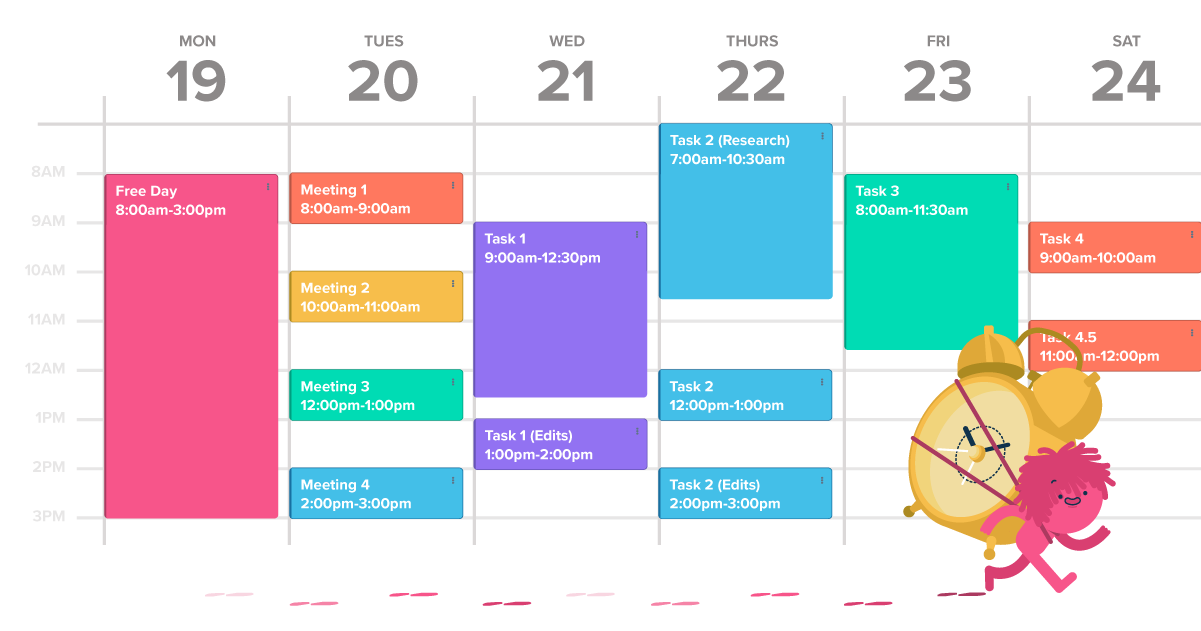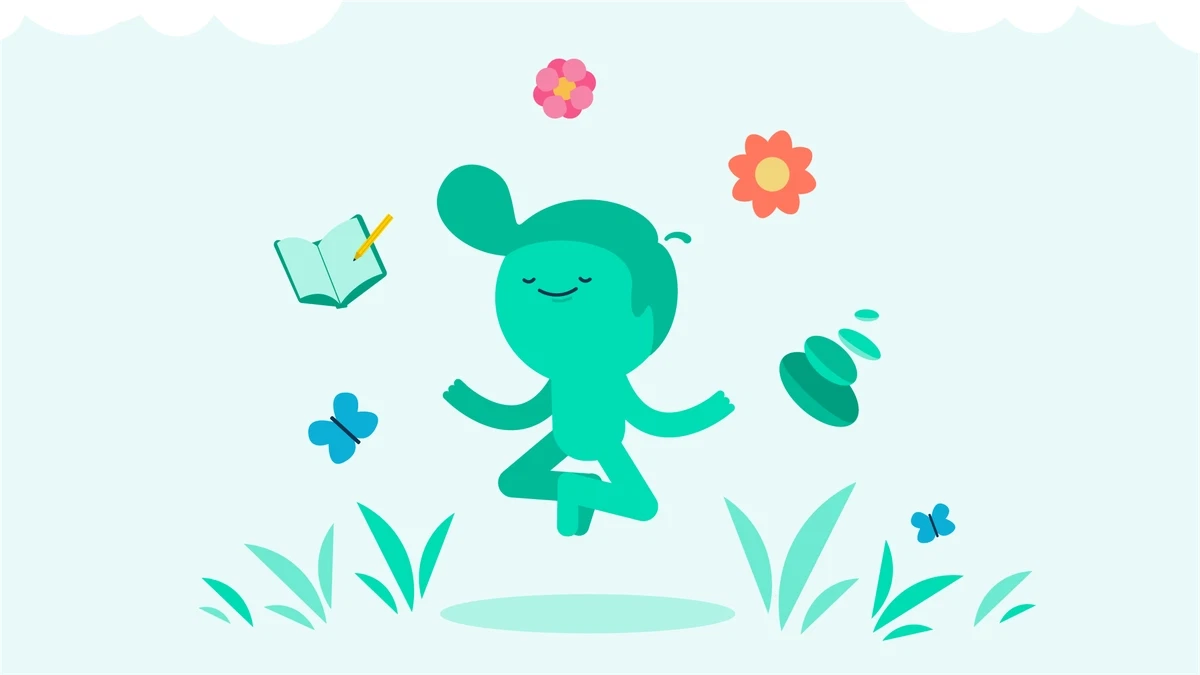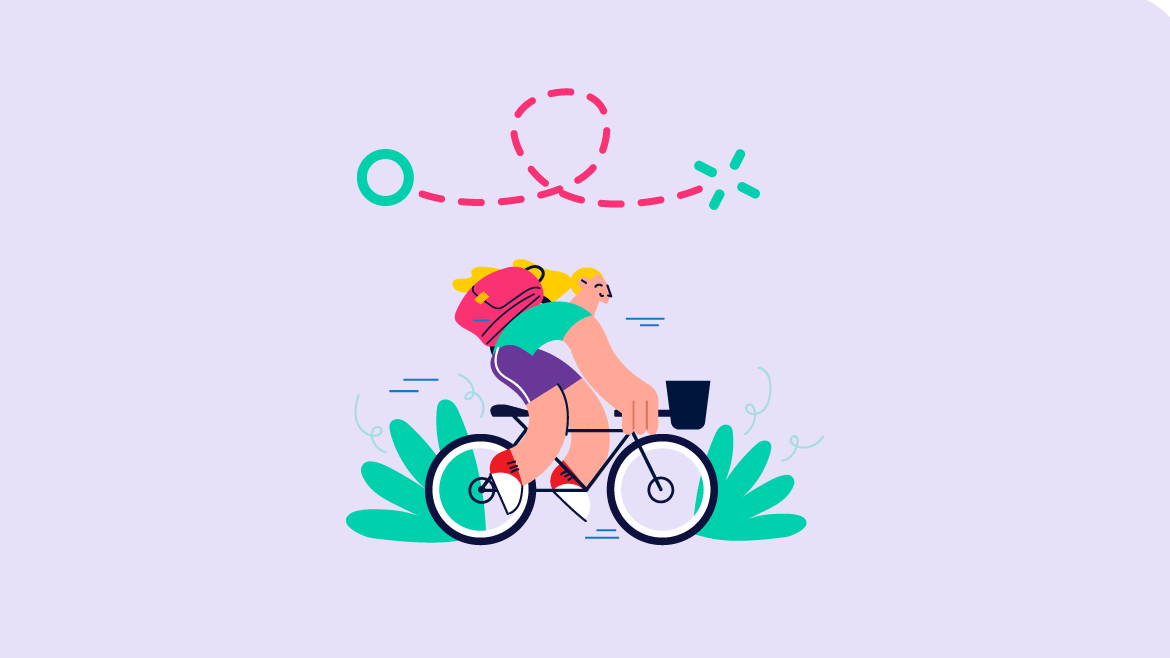Minimalism – Definition and Meaning
Minimalism is not just a trend – it’s a lifestyle for many people and certain cultures. When I say lifestyle, I don’t only mean the type of interior design and home decoration – it is also a way of dealing with problems, emotional expansion (or reduction), and outlooks. But did you know that minimalism was a popular architectural style in the 1950s? And a music genre too?
All three meanings of minimalism have one thing in common – removing all the extras. So when someone says ‘come tonight, don’t wear anything extra’ in minimalism, it means precisely that. So put that tiara down; you look like Thranduil. Not that there’s anything wrong with him, he’s fabulous, but that’s the thing, we’re going for NOT fabulous.

The Main Tenets of a Minimalist Lifestyle
Minimalism has graced human history for much longer than you might expect, especially in Asia. Buddhist monks shunned material pleasures, transcendentalists LOVED it in America (I guess you can call Walden a minimalist book since it has only 350 pages as opposed to, IDK, Moby Dick)*, and the Bauhaus era gave it its recognisable characteristics, i.e. a balance between beauty and practicality.
*Spoiler alert: I will be throwing shameless shade at Moby Dick today and on any other occasion.
Minimalism is all about enjoying what’s important to you and removing excess. So, if you’re anything like me and still keeping your first-year uni report, it may be time to sort out your things. Minimalism goes beyond simple material goods. It applies to your social life, university, job, and other aspects of life that take up your time and mental energy.
The central tenets of living a minimalist life are the following:
- Simplicity over bulk. Whether it’s fashion or home décor, you should remove anything that goes beyond essential. When shopping, always go for simpler designs over shiny and sparkly ones (and no, you don’t need stone lions and gargoyles in your garden).
- Utility. Minimalism is about being practical – from good shoes to your workspace. For example, you should opt for minimalist notes or bullet points from a lecture rather than full sentences and essay-paragraphs.
- Defeating scarcity thinking. No, you will not starve or walk the streets naked. Minimalism is about embracing what you have and knowing that you always have enough.
- Stoicism. You have heard of Greek philosophy, but did you know it has found its way into minimalism? Stoicism is, in a way, a manner of controlling your emotions and letting go of what you cannot control. If you’re practicing minimalism, you should avoid situations that provoke emotional outbursts – conserve your energy for what makes you happy.
- The art of letting go. It’s challenging to let go of things, and the first time you do it will probably suck in its own way. But you should discard everything you haven’t used in a long time, all those items that keep collecting dust, and even the person you used to be a year ago. Embrace the NOW, and don’t get too hung up on the past.
Japanese Minimalism
Japan is one of those places where minimalism simply thrives. A combination of religious philosophy and a tiny space problem (i.e. the housing situation is a bit iffy), the Japanese have perfected the art of simple living.
Japanese minimalism can be found in specific aesthetic terms and styles:
- Wabi – simple and natural, beauty in nature. It is often combined with sabi to refer to finding perfection in imperfect, fleeting moments.
- Iki – refined, smart, and sophisticated.
- Danshari – dispose, separate, refuse. I know you’re hearing Marie Kondo all over this one, and you’re right. Danshari is about relinquishing the excess.
- Shibui – subtle. The effortless appeal of subtlety and simplicity.
When these four powerful forces come together, minimalism of the highest kind is born. In addition to simplifying your wardrobe and cleaning up your space, Japanese minimalism also promotes a special brand of independence summarised in ‘choosing your own path’. The idea is that excessive opinions, prying, and unsolicited advice from others should not influence your decisions. Only you know your true path and how to get on it.
Less is always more in Japanese minimalism, and the concept of ‘negative space’ (space you free up by decluttering) is particularly respected as it opens many new possibilities. Metaphorically, if you’re just as careful with how and to whom you give your time, you have more opportunities to work on yourself and relax in ways that feel good to you.
Japanese minimalism, at its core, is about decluttering your mind by getting rid of excessive material goods. Always proponents of fusui (the Japanese version of feng shui), the Japanese have combined the art of placement concerning five elements and the minimalist philosophy to create inner emotional and mental peace.
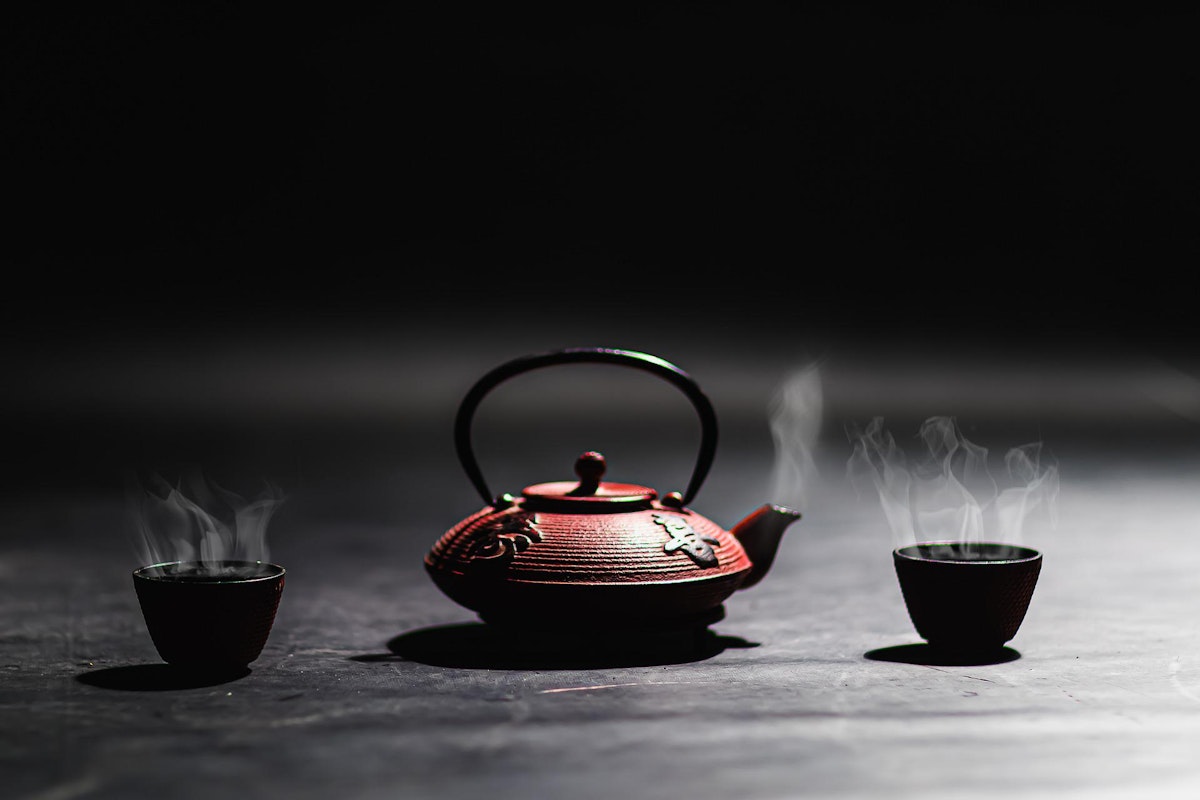
Scandinavian Minimalism
Nordic countries, too, nurture a specific brand of minimalist philosophies which, put together, bring about a lifestyle in which less is more, just like in Japan. Sometimes born out of necessity (I mean, there’s only so much you can do in certain seasons) and sometimes desire for beauty, Scandinavian minimalism has brought about immense comfort to its practitioners. Due to harsher winters (than anyone would like), Nordic countries developed a way of furnishing houses with durable, practical, and aesthetically pleasing items. Up there, minimalism is less about the mind and more about the space.
There are wide varieties of Scandinavian minimalism, from beautiful cottages in urban settings to incredibly warm blankets (PS, if you’ve ever wondered what winter jacket to buy, seriously, go for Scandinavian brands! A good jacket is worth the money!). Swedish minimalism is finely summarised in their life philosophy – lagom – which means just the right amount of something. It’s not about dumping all your possessions, but it certainly prefers simplicity over bulky and crampy spaces.
Scandinavians also popularised their version of minimalism through the democratisation of home furnishing. It’s not just about looking pretty; it’s meant to be affordable and allow everyone to have a comfortable home (you go Scandinavia!). And speaking of comfort, this brand of minimalism is inherently imbued with the philosophy of hygge, i.e. comfortable living.
Plan Your Journey to Minimalism
Whether you’re seeking that type of inner peace promoted in Japan or you just want to simplify your life by reducing the number of your possessions, here are some of the best tips on how to live a minimalist lifestyle:
- Sort out your wardrobe. Donate clothes you no longer wear (or sell them on eBay) and throw away the ones in poor shape. I don’t know what it is, but everyone has at least one pair of underwear full of holes, and it’s time for it to go. Consider creating a capsule wardrobe of practical and chic items you will wear daily.
- Clean out your kitchen. You’d be surprised at what you can find lounging in forgotten corners of high cupboards and shelves. Give your kitchen a makeover and let go of things you don’t need.
- Paperwork. Only when you want to move do you find old paperwork, bills from three years ago, and a job contract that expired in your past life. Envelopes lying around, scribbled notes you no longer know what they’re referring to, and old university handouts – let’s face it, you don’t need any of that.
- Ask yourself whether you really need that thing you’re about to buy. Or are you just hoarding again?
- Work on your detachment. Getting rid of things is not easy, but it is possible. Ask yourself why you can’t let go of some items, and constantly remind yourself that just because you’re getting rid of it now doesn’t mean you cannot have it at some point in the future should you need it.
- Create a good routine. Minimalism is a lifestyle, not just aesthetic design. Have a routine to start your day and help you unwind after work. Free up space for personal development and enjoy hobbies that help you be your best self.
- Invest in good relationships. And let go of the superficial ones. If you’re an extrovert, you may gravitate towards a wide social circle, but you should still consider who you give your time to.
- Avoid unnecessary drama. It’s true that a good gossip session revitalises our minds in some way, but if gossiping is the only thing you ever do with your friends, it’s time for a change. At the end of the day, who cares what other people do? You can’t change them, so there is no need to think about them too much.
- Learn to say no. Nothing clutters the brain more than trying to be everything for everyone. Say no when you need to, and don’t feel bad about it!
- Reduce your impact on the environment. Learn about sustainable living and make small changes for the benefit of our planet.
Oh, and one more thing …
Digital Minimalism
We are constantly surrounded by beeps, buzzes, alerts, and reminders, and yet, we can’t seem to remember our parents’ phone numbers. Digital minimalism is a way of applying this life philosophy to the way you engage with your devices and gadgets. To reduce your dependence on them, you can try to introduce regular digital detoxes in your life. In the meantime, switch off your social media notifications, install a good blocking extension on your browser (such as BlockSite) to keep you away from scrolling, and stop feeling compelled to respond to your emails immediately.
In the meantime, clean up your hard disk, back up your files, and remove them. You could also purge old files from your Google drive and get rid of unnecessary downloads.
The Problems of Extreme Minimalism
To quote Hip Diggins, ‘minimalism is a religion’, and it can get a bit extremist in its ways. If you decide to practise it, you should keep in mind the following:
- You don’t have to feel guilty. If you feel like buying that cool cycling helmet or those cute shoes, you can do it for your own happiness without feeling guilty about not wearing/using them all the time. The guilt-repent cycle sucks, and it goes against your own happiness.
- Minimalism is not meant to be expensive. What with minimalism becoming trendy, many designers have jumped on the bandwagon, trying to sell their simple items at less-than-simple prices. Minimalism is about practicality, and it’s not practical to starve yourself to buy something someone is pushing on you as minimalist.
- You decide what you need. When Mari Kondo said we should only keep 30 books in the house, I knew her idea of minimalism wasn’t for me. As far as I’m concerned, 300 books is minimalist too, but my point is: you know what you need and what ‘sparks joy’ and not some online blogger or TV persona.
Minimalism is about simple living, and that is, well, simple. You live within your means, adjust your time to suit you, and buy what you need. Sure, if you suffer from good old retail therapy, you may be going overboard, but ultimately, you get to decide what ‘negative space’ looks like to you – be that a clean desktop or an uncluttered kitchen.
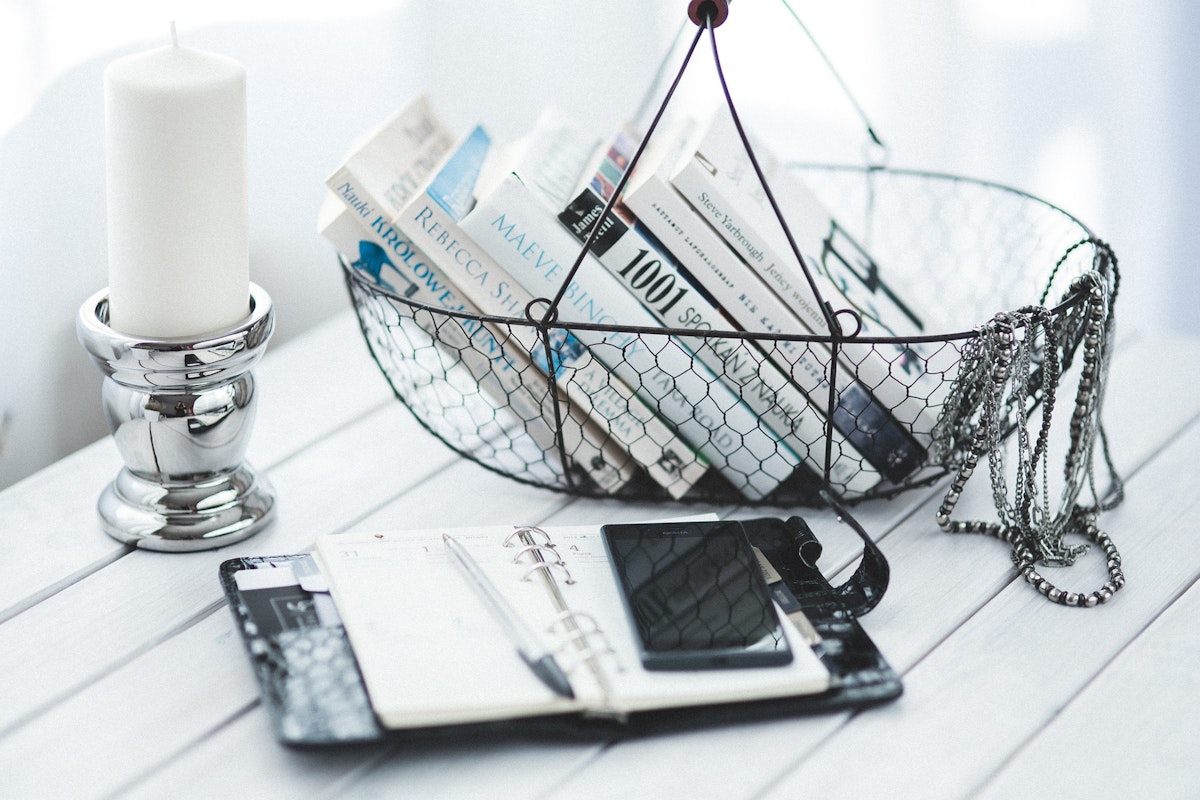
How Minimalism Helps You Live a Meaningful Life
Let’s say opinions are divided on minimalism: Some swear by it, others scorn it. Whichever camp you belong to, you cannot deny a simple truth – minimalist philosophy has some valuable insights into life. If decluttering your space helps you clear your head, by all means, do it. On the other hand, if you tend to be drained after prolonged social interaction, you should phase out your activities and make space for you-time.
Whichever way you decide to define minimalism that works for you, remember these simple laws:
- Less is more.
- Practicality over looks.
- Mental and emotional energy are precious resources to be saved.
- Enjoy simple comforts and let others deal with their problems.
- Do what makes you happy, and don’t let societal pressure tell you otherwise.
Spark your own joy! 😉
Minimalism is a life philosophy and style that posits that less is more. In the most common sense of the word, it refers to getting rid of excessive material possessions, decluttering, and opening space for personal development and peace of mind.
You can find a documentary on minimalism on documentaryarea.tv, watchdocumentaries.com, and Amazon Prime.
Minimalism in music refers to the practice of using repeated short phrases that gradually change and create a hypnotic effect.
How we ensure our content is accurate and trustworthy?
At StudySmarter, we have created a learning platform that serves millions of students. Meet the people who work hard to deliver fact based content as well as making sure it is verified.

Gabriel Freitas is an AI Engineer with a solid experience in software development, machine learning algorithms, and generative AI, including large language models’ (LLMs) applications. Graduated in Electrical Engineering at the University of São Paulo, he is currently pursuing an MSc in Computer Engineering at the University of Campinas, specializing in machine learning topics. Gabriel has a strong background in software engineering and has worked on projects involving computer vision, embedded AI, and LLM applications.
Get to know Gabriel


